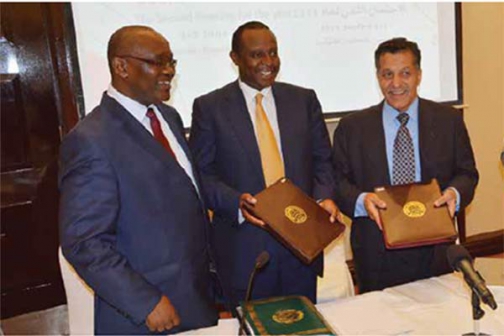
Kisii County is putting up an ultra-modern cancer treatment centre which will go along way in offering treatment services closer home. Cancer is a leading cause of death globally, and is growing fast in developing countries. Developing countries now account for over two-thirds of all cancer deaths.
Globally, cancer kills more people than tuberculosis, HIV and Aids and malaria combined. When doctors from India-based B.L. Kapur Specialty Hospital held a one-day free cancer screening at the Kisii Teaching andReferral Hospital (KTRH), over 1,700 people turned up and overwhelmed the doctors. Of those who braved the long queues to see the specialists, only 500 were screened, leaving many frustrated.